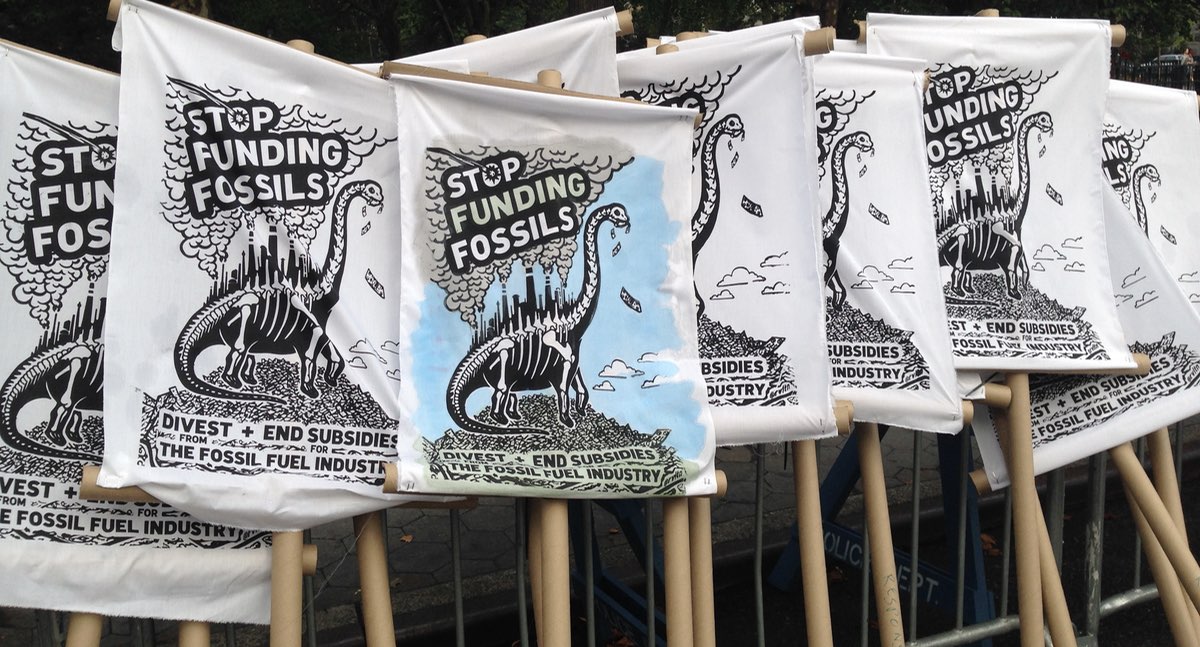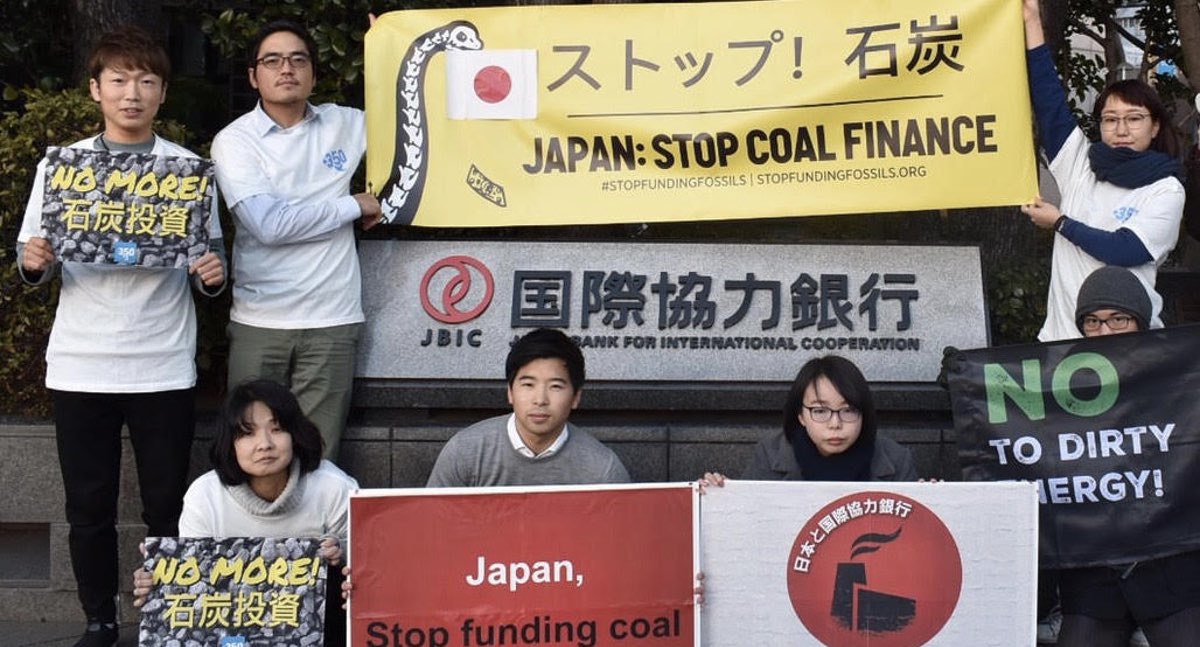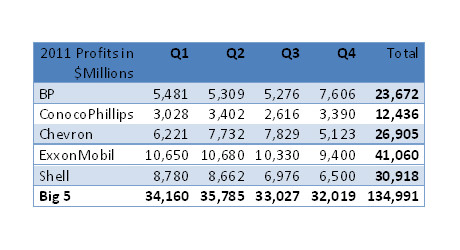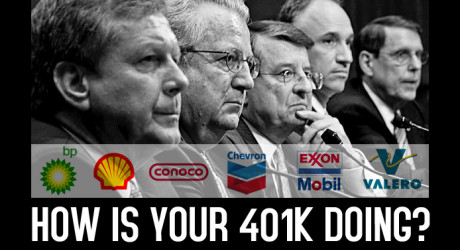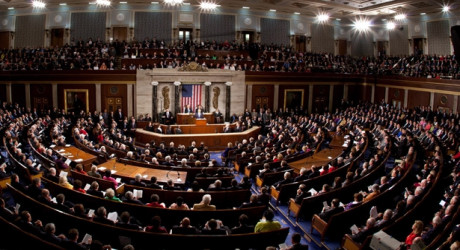STOP FUNDING FOSSILS
Our Stop Funding Fossils program uses critical analysis and strategic organizing to end the vast quantities of government support flowing to the fossil fuel industry and accelerate the clean energy transition.
Public finance and subsidies for fossil fuels play a key role in driving oil, gas, and coal production. Climate leadership means not wasting another cent of public money on the industries that are causing the problem.
OVERVIEW OF WORK
Our research shows that G20 governments spend $444 billion per year propping up oil, gas, and coal production, while the G20’s taxpayer-backed public finance institutions provide nearly 4 times more public finance to fossil fuels than to clean, renewable energy.
These massive subsidies play a key role in expanding oil and gas production and locking in existing fossil fuels: recent analysis finds that half of the new oil fields being drilled in the US would have remained undrilled if not for substantial subsidies; at the same time, public finance for fossil fuels de-risks capital-intensive megaprojects, like massive coal plants in Southeast Asia, few of which would proceed without government backing. And as oil, gas, and coal producers face increasing competition from renewable energy, instead of simply reducing fossil fuel production, they exert their political influence to get more handouts to keep extracting.
Instead of spending scarce public resources on the fossil fuel industry, our work challenges public institutions to scale up their support for distributed renewable energy solutions that can deliver energy access quickly and at least cost in many developing countries: today, support for these solutions makes up only a tiny fraction of all public finance for energy.
We know from the work of our Energy Transitions and Futures program that already-producing oilfields, gasfields, and coal mines hold enough carbon to take the world well beyond 1.5°C of warming and up to 2°C. This means that governments who’ve signed up to the Paris Agreement (that’s nearly everybody) shouldn’t spend another cent of public money on fossil fuels if they take their commitment seriously. We call on them to stop funding fossils.
LATEST PROGRAM POSTS
Sources: Compiled from the quarterly results of each company, publicly available on the investor pages of each company's websites.
$135 billion
Not the 2010 GDP of Hungary or Kuwait, no it's slightly more than either of those. In fact, if it was a figure for the 2010 GDP of a nation, it would rank 54th, between Kuwait and Ukraine.
It is in fact the combined 2011 profits of the five largest international oil companies. These are the same companies that receive much of the over $10 billion in subsidies and tax breaks that the federal government lavishes upon the oil and gas
You can SHARE this infographic on Facebook.
What if you were in Vegas, and a friend told you there was a slot machine in the corner that was giving out $59 for every $1 that was put in? You'd think the machine was broken, and that it was rigged.
What if an investment advisor told you that he could get you $59 back for every $1 you gave him? That's a 5800% rate of return. Even Bernie Madoff only promised 10.5%. Obviously a scam, right?
Clearly this is a scam, but if you're the oil, gas and coal industry, it's legal and business
Slowly but surely the battle lines are being drawn for the upcoming Presidential election. President Obama built his State of the Union address on one of fairness.
In doing so Obama reminded Americans that there is a clear choice when it comes to the next election.
There is also a choice with energy. Before we look at what the President said we have to remember that very little of policies that he proposed last night will ever see the light of day before the election. That is due to the gridlock in Congress, with the House of Representatives under Republican control.
In many
Development Banks Still Financing Dirty Energy
New Database Reveals $40 Billion in Fossil Fuel Funding Over Last Four Years
Nov. 30, 2011, Durban, South Africa – Major multilateral development banks have provided financing of over $40 billion to fossil-fuel energy development since 2008, according to the new Shift the Subsidies database (http://shiftthesubsidies.org), launched today by Oil Change International. Over the same time period, clean energy projects have received only $25.5 billion from those banks.
The Subsidy Shift database covers all known loans, grants, and financial guarantees to the energy sector by the multilateral development banks. All of these banks are supported by taxpayer
LATEST PROGRAM RESEARCH
U.S. single biggest violator of CETP pledge, approving the most fossil fuel projects of any signatory for a total of almost USD $2.3 billion.
"Today’s announcement from the Netherlands, United Kingdom, Canada and many of their peers is a disappointment. At a time when we need rich country leaders to concretely expand their past ambition to secure a fair deal, these ministers are just regurgitating promises and initiatives that are now more than a decade old and have been so ineffective that fossil fuel handouts and profits continue to reach record levels."
Australia has joined a major international initiative to end international public finance for fossil fuels at an event held at the UK Government Pavilion today at COP28. Australia follows Norway, who also joined the initiative on Saturday.

